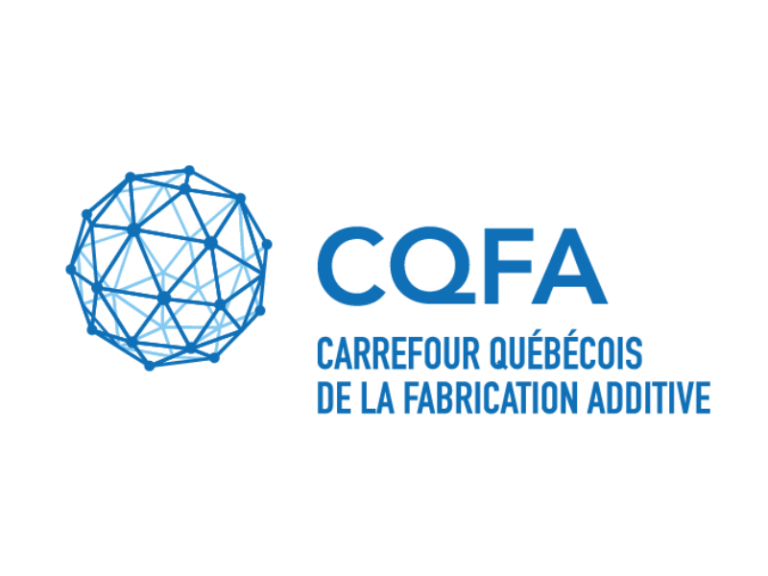
2023/09/28
Développement de patchs perfusables par bioimpression 3D pour une application potentielle dans la régénération de tissu cardiaque
Ajjiz, Z. (2023). Développement de patchs perfusables par bioimpression 3D pour une application potentielle dans la régénération de tissu cardiaque. Thesis.
Cardiovascular diseases are a leading cause of death worldwide. Myocardial infarction captures a significant segment of this population, and the end-stage myocardial infarction can only be treated by heart transplantation. However, due to the scarcity donors, tissue engineering has been considered as an alternative solution. Tissue engineering allows the development of tissues and therapeutic implants such as cardiac patches. However, one of the main hurdles in the use of such a strategy is the vascularization of bioprinted tissue. In this study, 3D bioprinting was used to bioprint perfusable gelatin methacrylate (GelMA) patches for a potential use in cardiac tissue. This work consists in the development of a bioink that can be used for the cardiac tissue, the evaluation of the printability of the ink, and the final bioprinting of standard and perfusable patches. For this purpose, GelMA was synthesized and a final concentration of 10 % was selected as it showed an appropriate Young’s modulus for cardiac tissue, of 23.7±5.1 kPa, while maintaining high biocompatibility. Subsequently, the printing process of standard and perfusable patches could be optimized with the use of GelMA and gelatin inks. Finally, 10% GelMA and 2% gelatin vascularized patches could be printed with high cell viability, of up to 79,7±8,7 % and 83,5±5,7 % on days 1 and 7 of culture respectively for 3T3 fibroblasts. Additionally, the presence of hollow channels of the perfusable patches demonstrates the potential of this method to be eventually applied to the bioprinting of thick vascularized cardiac patches.